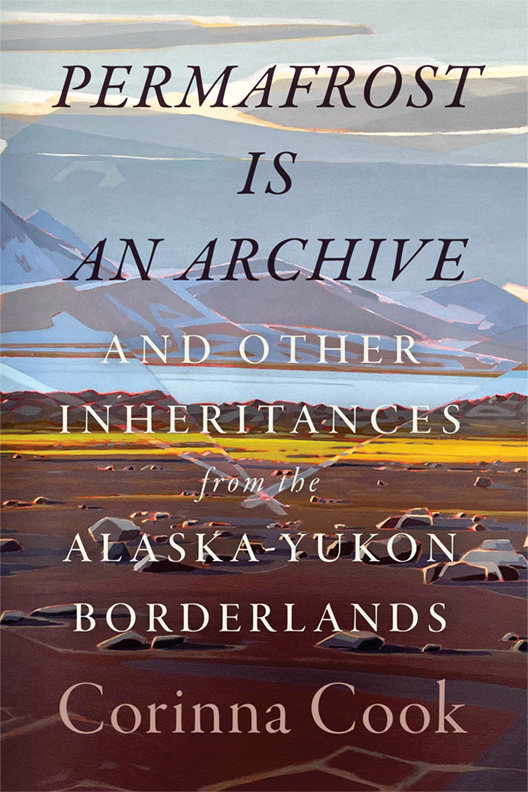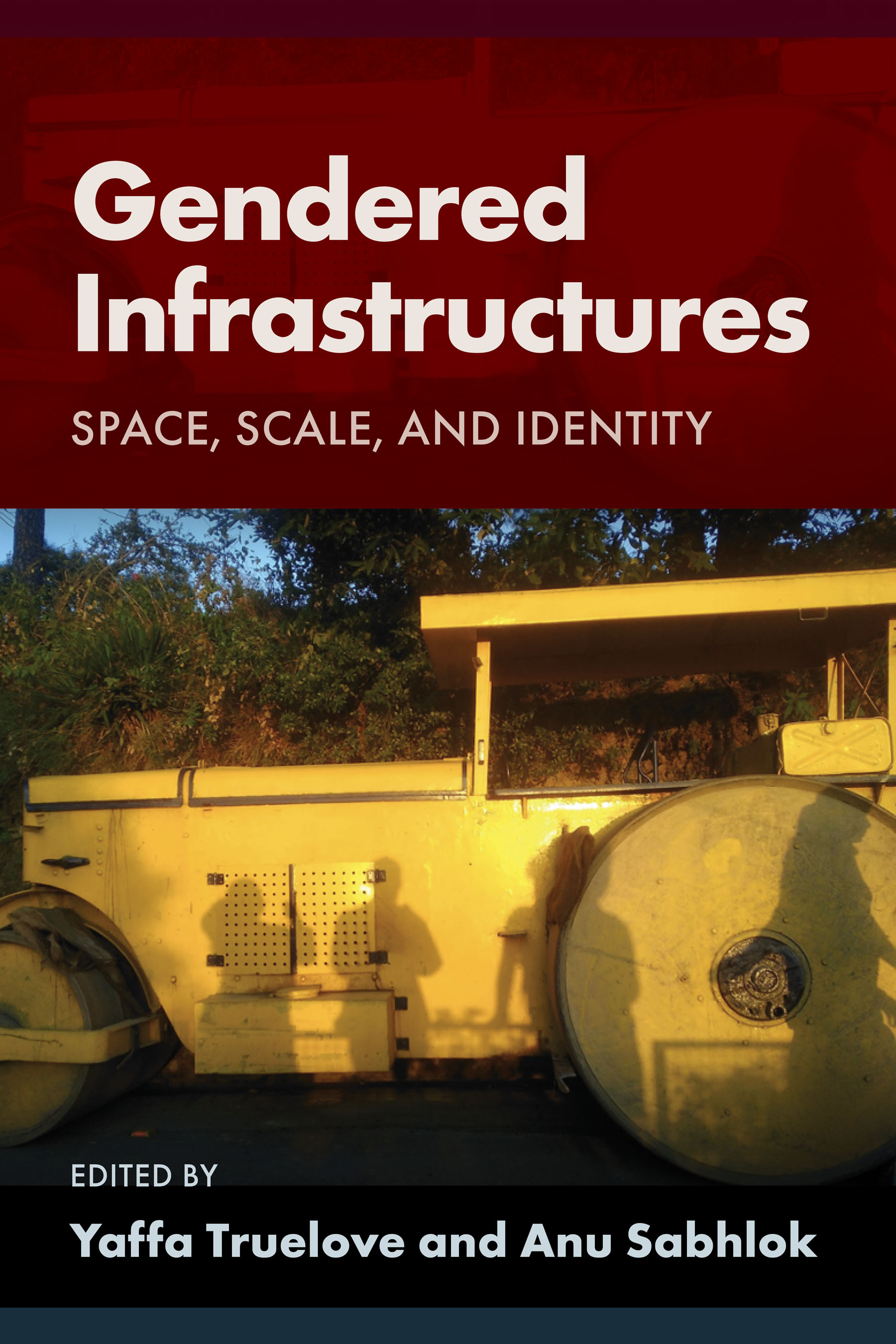Jon Mathieu
Translated by Matthew Vester
2009
276pp
PB 978-1-933202-34-1
$37.95
HC 978-1-933202-41-9
$95.95
PDF 978-1-935978-13-8
$36.99
Summary
In the 1700s, Jean-Jacques Rousseau celebrated the Alps as the quintessence of the triumph of nature over the “horrors” of civilization. Now available in English, History of the Alps, 1500-1900: Environment, Development, and Society provides a precise history of one of the greatest mountain range systems in the world. Jon Mathieu’s work disproves a number of commonly held notions about the Alps, positioning them as neither an inversion of lowland society nor a world apart with respect to Europe. Mathieu’s broad historical portrait addresses both the economic and sociopolitical—exploring the relationship between population levels, development, and the Alpine environment, as well as the complex links between agrarian structure, society, and the development of modern civilization. More detailed analysis examines the relationship between various agrarian structures and shifting political configurations, several aspects of family history between the late Middle Ages and the turn of the twentieth century, and exploration of the Savoy, Grisons, and Carinthia regions.
Contents
- Preface
- The Alps: A Historical Space?
- Key questions and the state of the research
- The political construction of territory
- Population
- Data and collection methods
- Comparing long-term trends
- Agriculture and Alpiculture
- The intensity differential in the Alps
- Cropping frequency and yields
- The intensification of animal husbandry
- . . . and of plant cultivation
- Technology
- Cities
- Statistics in the early modern era
- Acceleration of growth
- The slowing of urban growth
- The nineteenth century
- Environment and Development
- An intermediate assessment: differentiated growth
- Relations between the Alps and surrounding areas
- History and ecological models
- Illustrations After p. 134
- Two Agrarian Structures (Nineteenth Century)
- Farming establishments
- Public order and property
- Inheritance law, collective resources
- Territories during the Early Modern Period
- Savoy: the duke, the notables
- The Grisons: communes with subjects
- Carinthia: Lord, peasant, servant
- State Formation and Society
- The European dimension
- Politics as a factor of differentiation
- Rural societies
- History of the Alps from 1500 to 1900
- A summary
- Arguments and outlook
- Appendices
- Bibliography
- Index
Author
Jon Mathieu is Professor of History at the University of Lucerne, founding director of the Institute of Alpine History at the University of Lugano (Università della Svizzera Italiana). Matthew Vester is Associate professor in the Department of History at West Virginia University.
Reviews
"...Mathieu has done Alpine studies an immense service, collecting an expansive body of research long divided along national, linguistic, and disciplinary lines. As Mathieu accurately states, 'Quantitative history is sorely missing from Alpine research,' and this slim volume provides a very valuable resource for scholars who wish to redress this lacuna."
Lee W. Holt, H-Net Reviews
"Mathieu's book demolishes widespread cliches about the Alps, which seek to portray the Alpine region as the complete reversal of society in lowland areas, or as a world segregated from the rest of Europe."
Commission Internationale pour la Protection des Alpes









